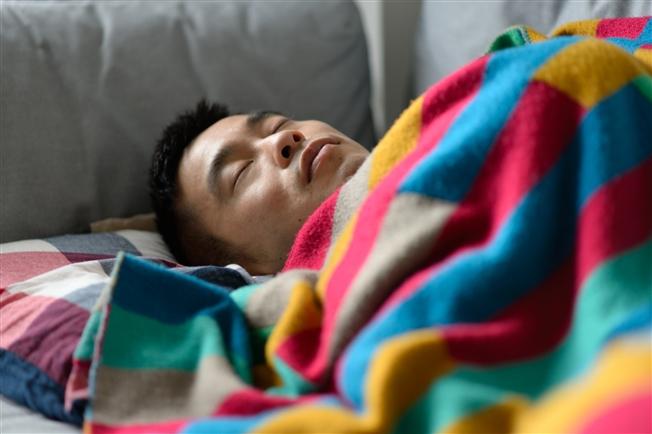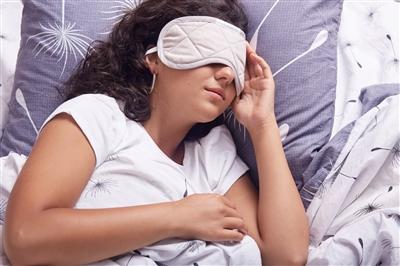Should I nap during the day?

On days when you’re particularly tired or preparing for a late night, it’s tempting to take a nap to help you power through the day. But you might also be worried that a nap could keep you from getting a good night’s sleep, thus setting you on a cycle of fatigue and sleeplessness that can last awhile.
But if you snooze, do you really lose? Not necessarily.
“How naps affect your overall sleep quality is less about taking a nap than it is about how you take it,” says Rochelle Goldberg, MD, director of sleep medicine services at Main Line Health. “It is possible to take a restorative nap without regretting it when it’s time for bed.”
Time it right
The sweet spot for how long you should nap to feel awake, refreshed and energized isn’t a half hour of 45 minutes. It’s either 20 minutes…or 90 minutes.
If you’re just feeling a little ‘out of it,’ a 20-minute nap will likely be enough to help you feel energized and more focused when you wake up. Save those 90-minute naps for when you’re having trouble keeping your eyes open or have evening plans that will require you to stay out much later than usual.
“Sleeping for any amount of time between 20 and 90 minutes doesn’t allow your body to complete a full sleep cycle which means you won’t get the benefits of a full sleep cycle,” explains Dr. Goldberg. “You might wake up feeling just as groggy as you did before you took your nap because you’re interrupting the body’s natural process.”
If you decide to nap, keep yourself to a strict time limit and set an alarm—and avoid the snooze button!
Save it until after lunch
You know that sluggish feeling that you get between 1:00–3:00 pm—the lunchtime slump? This is actually the perfect time to take a snooze because there are a couple of factors at play:
After lunch, your body is working to digest the food you’ve just eaten. This takes energy, especially if you ate a big lunch or one that was especially high in sugar or carbohydrates. At the same time your body is digesting your food, it’s also experiencing a natural shift in circadian rhythm.
Says Dr. Goldberg: “There is a normal dip in wakefulness in the midday, independent of the meal that also supports a brief nap at this time." Just like our bodies need time to “wake up” in the morning, they need time to recharge in the afternoon. As you begin the second half of your day, it’s normal to feel a little fatigued.
Finally, a nap at this time of day isn’t so close to your normal bedtime that you risk disrupting your sleep at night. If you take a quick snooze in the early afternoon, you should still be able to fall asleep and stay asleep at night.
Find a sleep-friendly environment

“If you’re at home, go to your bedroom to nap and draw the curtains or use a sleep mask to block out daylight. If you’re not at home, you can always resort to taking a few minutes in your car to nap. Turn on some quiet music, and try to close your eyes for a few minutes,” says Dr. Goldberg.
The benefits of a (well-timed) nap
Of course, a nap will help you feel more awake and alert. But it has a number of other benefits, too, including:
- Improved concentration and memory
- Relaxation, lower stress levels
- Lower blood pressure
- A better mood
- Quicker reaction time (Think: Braking quickly in the car; trying to catch something that’s fallen)

If you find that you’re needing a nap to get through every day and your napping occurs frequently, it may be a sign of a sleep disorder. If the sleep at night is already a problem, naps may add to that challenge and should be avoided. Make an appointment with your primary care provider, who can refer you to a sleep medicine specialist for an accurate diagnosis.
Main Line Health serves patients at hospitals and health centers throughout the western suburbs of Philadelphia. To schedule an appointment with a specialist at Main Line Health, call 1.866.CALL.MLH (225.5654).
 Content you want, delivered to your inbox
Content you want, delivered to your inbox
Want to get the latest health and wellness articles delivered right to your inbox?
Subscribe to the Well Ahead Newsletter.
